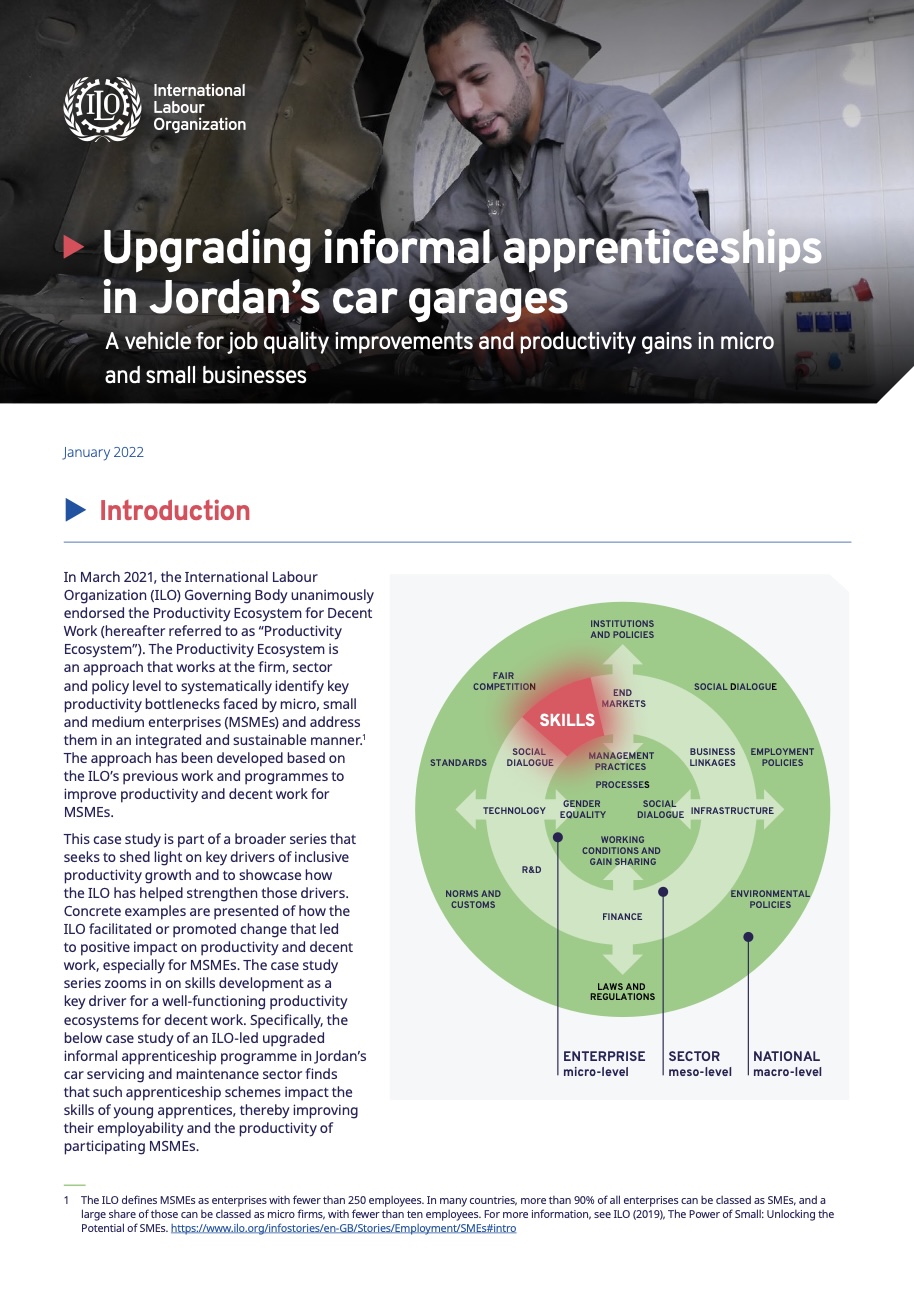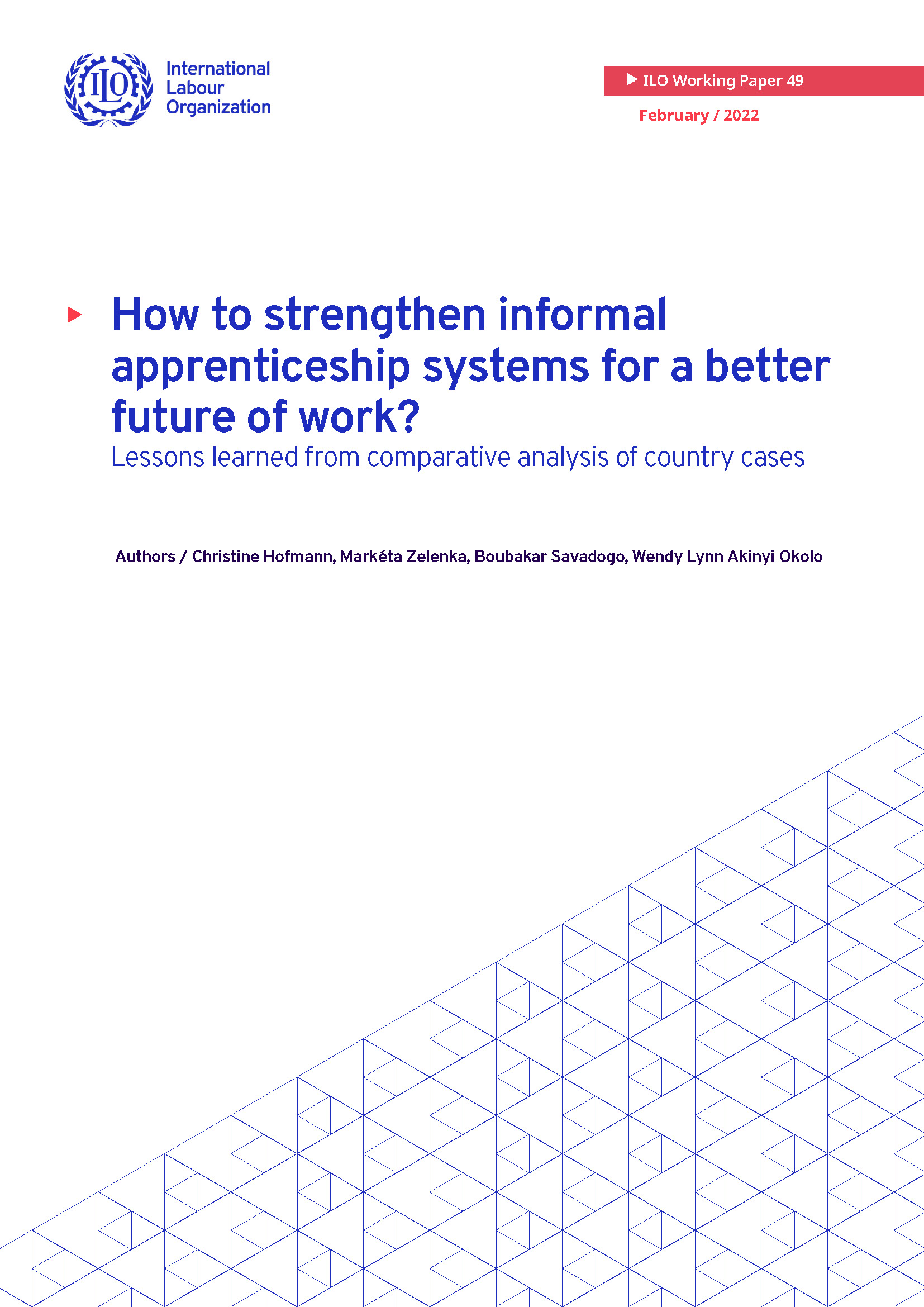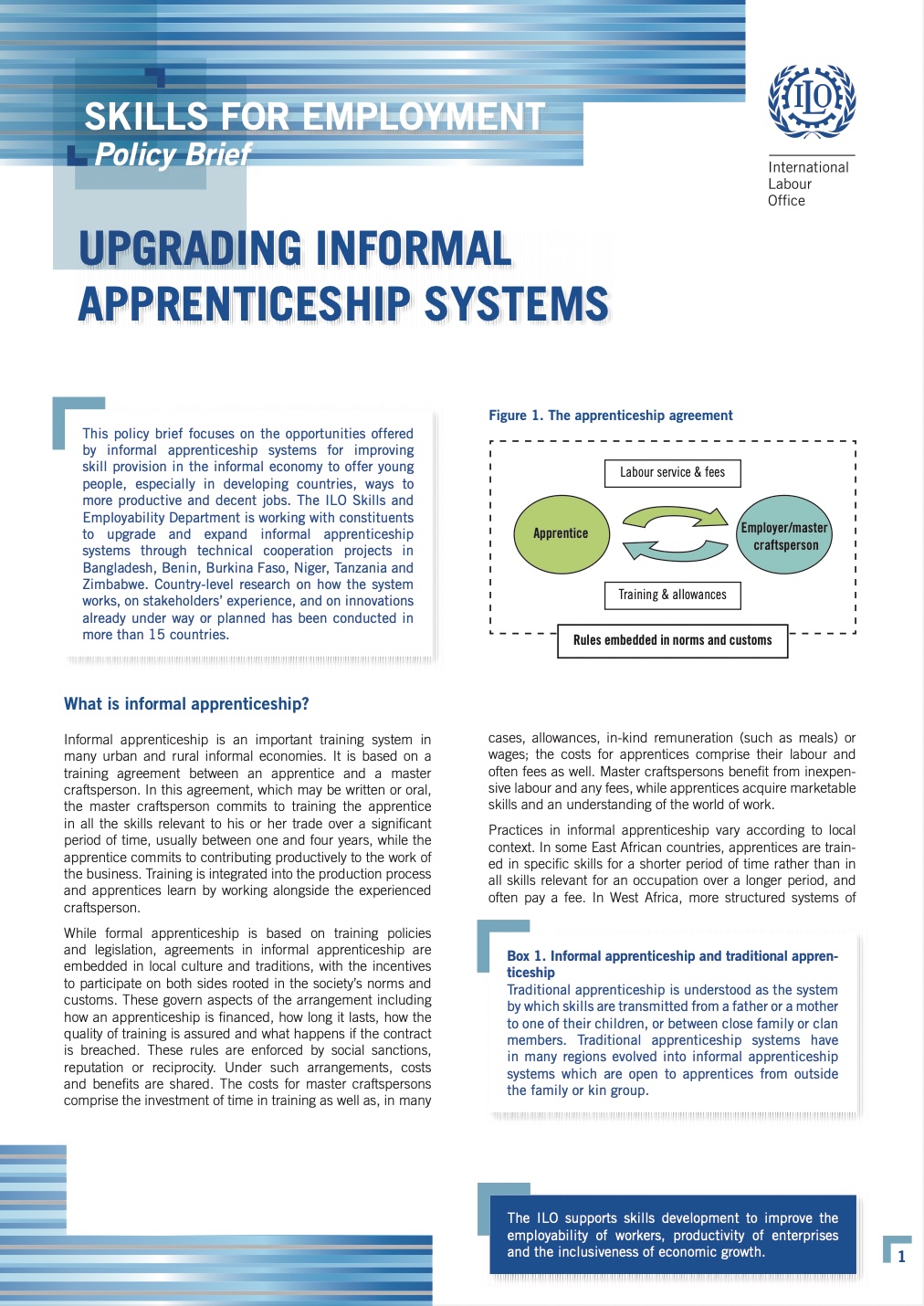News
Blog: Bridging the skills gap for informal economy workers – How can skills and lifelong learning help mitigate the consequences of the crises?
Type:
Blog
Language:
English
Language Version:
--
Sources:
ILO
Authors:
Christine Hofmann, Skills Specialist
Topics:
Skills for transition to formality
Knowledge Products:
--
Publication Date:
01 Nov 2021
This blog was first posted on the ILO website on 19 May 2020.
Currently, two billion people are engaged in the informal economy and most of them live in low- and middle-income countries. As the whole world grapples with the consequences of the COVID-19 pandemic, workers in the informal economy have been hit hard.
Subject Tags:
Informal economy
Regions:
Global
Countries and territories:
--
Economic groups:
--




